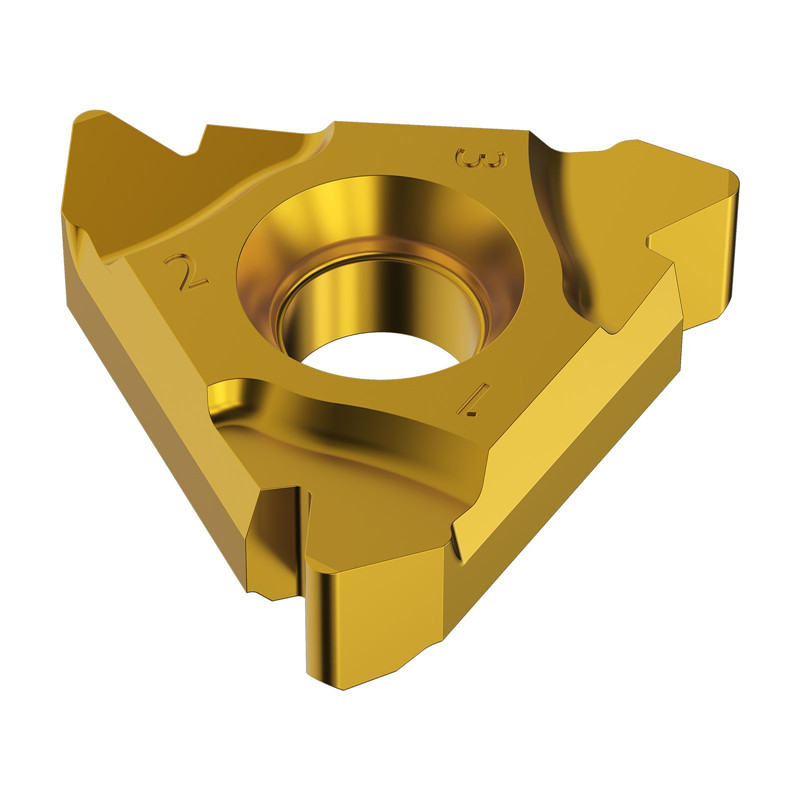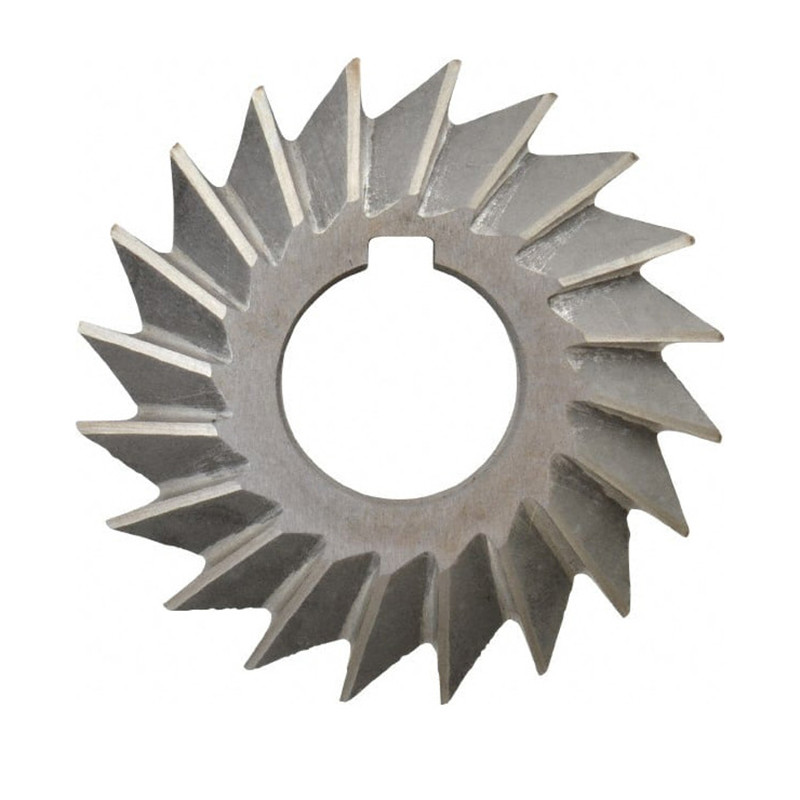boring bar holder Manufacturer
Selecting the right boring bar holder manufacturer is crucial for precision machining. This guide explores the key factors to consider when choosing a supplier, including material quality, holder types, compatibility, and reputation. We'll also delve into common issues and solutions, helping you make an informed decision for optimal performance and cost-effectiveness.
Understanding Boring Bar Holders
What is a Boring Bar Holder?
A boring bar holder is a critical component in internal turning and boring operations. It securely holds the boring bar, which itself holds the cutting tool. The holder provides stability and rigidity, minimizing vibration and ensuring accurate cuts. Different types of holders cater to various machine types, boring bar sizes, and application needs.
Types of Boring Bar Holders
There are several types of boring bar holders, each designed for specific applications:
- Straight Shank Holders: The most common type, used for general-purpose boring on lathes and milling machines.
- Modular Holders: Offer flexibility with interchangeable heads, allowing for different boring bar sizes and cutting angles.
- Quick Change Holders: Allow for rapid tool changes, increasing efficiency in high-production environments.
- Vibration Dampening Holders: Reduce chatter and vibration, especially when working with long boring bars or difficult-to-machine materials.
Key Considerations When Choosing a Manufacturer
Material Quality and Construction
The material used in the boring bar holder directly impacts its rigidity, durability, and resistance to wear. High-quality steel alloys, often hardened and ground, are essential for maintaining precision and extending the holder's lifespan. Ask the boring bar holder manufacturer about the specific materials used and the heat treatment processes employed.
Holder Compatibility
Ensure the boring bar holder is compatible with your machine's spindle or turret. Consider the holder's shank size, mounting style (e.g., VDI, BMT), and overall dimensions. Consult your machine's manual or contact the machine tool manufacturer for specific requirements. If you are using boring bars from Kennametal, Sandvik Coromant or other companies, make sure the holder can securely clamp them. Contact a trusted boring bar holder manufacturer like Wayleading Tools at www.wayleading.com if you have any questions.
Precision and Accuracy
The accuracy of the boring bar holder is critical for achieving tight tolerances and consistent results. Look for manufacturers that emphasize precision grinding and quality control throughout the manufacturing process. Check the holder's runout specification, which indicates the amount of deviation from true center.
Vibration Dampening Features
For applications involving long boring bars or materials prone to vibration, consider holders with built-in vibration dampening features. These holders typically incorporate tuned mass dampers or other mechanisms to absorb vibrations and improve surface finish.
Manufacturer Reputation and Experience
Choose a boring bar holder manufacturer with a proven track record of quality and reliability. Look for companies with extensive experience in manufacturing precision tooling and a commitment to customer satisfaction. Read reviews and testimonials from other customers to get an idea of the manufacturer's reputation.
Common Issues and Solutions
Vibration and Chatter
Vibration and chatter can lead to poor surface finish, reduced tool life, and inaccurate cuts. Common causes include:
- Insufficient rigidity of the boring bar holder
- Excessive overhang of the boring bar
- Improper cutting parameters
Solutions include:
- Using a boring bar holder with vibration dampening features
- Reducing the boring bar overhang
- Optimizing cutting speeds and feeds
- Ensuring the workpiece is securely clamped
Poor Surface Finish
Poor surface finish can be caused by a variety of factors, including:
- Vibration and chatter
- Dull cutting tool
- Incorrect cutting fluid
Solutions include:
- Addressing vibration and chatter issues
- Replacing the cutting tool
- Using the correct cutting fluid for the material being machined
- Ensuring proper coolant flow to the cutting zone
Inaccurate Cuts
Inaccurate cuts can result from:
- Runout in the boring bar holder
- Improper tool setup
- Machine tool errors
Solutions include:
- Checking the boring bar holder for runout
- Ensuring proper tool alignment and clamping
- Calibrating the machine tool
Finding a Reliable Boring Bar Holder Manufacturer
Online Research
Start by searching online for boring bar holder manufacturers. Use search terms like 'boring bar holder manufacturer,' 'internal turning tool holder,' and 'precision tooling supplier.' Review manufacturer websites, product catalogs, and technical specifications.
Trade Shows and Industry Events
Attend trade shows and industry events to meet with boring bar holder manufacturers in person. This allows you to examine their products firsthand, ask questions, and compare different options.
Referrals and Recommendations
Ask for referrals from other machinists, toolmakers, or machine tool suppliers. Their experience can provide valuable insights into the quality and reliability of different manufacturers.
Cost Considerations
The cost of a boring bar holder can vary depending on the type, size, material, and features. While it's important to find a cost-effective solution, don't compromise on quality. A high-quality holder will last longer, provide better performance, and ultimately save you money in the long run.
| Holder Type | Typical Price Range | Key Features |
|---|---|---|
| Straight Shank | $50 - $200 | General purpose, simple design |
| Modular | $150 - $500 | Interchangeable heads, flexible |
| Quick Change | $200 - $600 | Rapid tool changes, high production |
| Vibration Dampening | $300 - $1000+ | Reduces chatter, improves surface finish |
Conclusion
Choosing the right boring bar holder manufacturer is essential for achieving precision and efficiency in your machining operations. By considering the factors outlined in this guide, you can make an informed decision and select a supplier that meets your specific needs. Remember to prioritize quality, compatibility, and reputation when evaluating different manufacturers.
Related products
Related products
Best selling products
Best selling products-
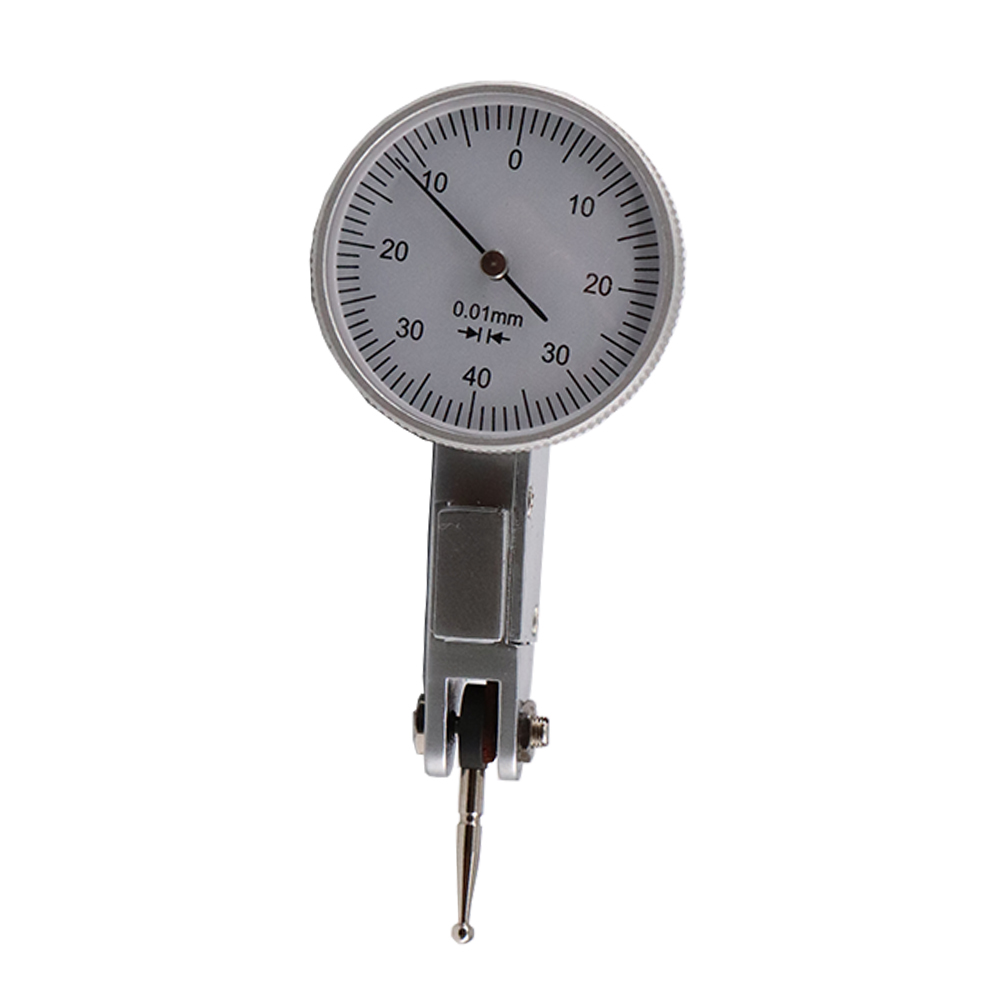 Precision Dial Test Indicator Gage For Industrial
Precision Dial Test Indicator Gage For Industrial -
 Depth Vernier Gauge With Stainless Steel And Monoblock Depth Type
Depth Vernier Gauge With Stainless Steel And Monoblock Depth Type -
 Precision Magnetic Base With Fine Adjustment For Dial Indicator
Precision Magnetic Base With Fine Adjustment For Dial Indicator -
 Type J-60 Degree Cone Tungsten Carbide Rotary Burr
Type J-60 Degree Cone Tungsten Carbide Rotary Burr -
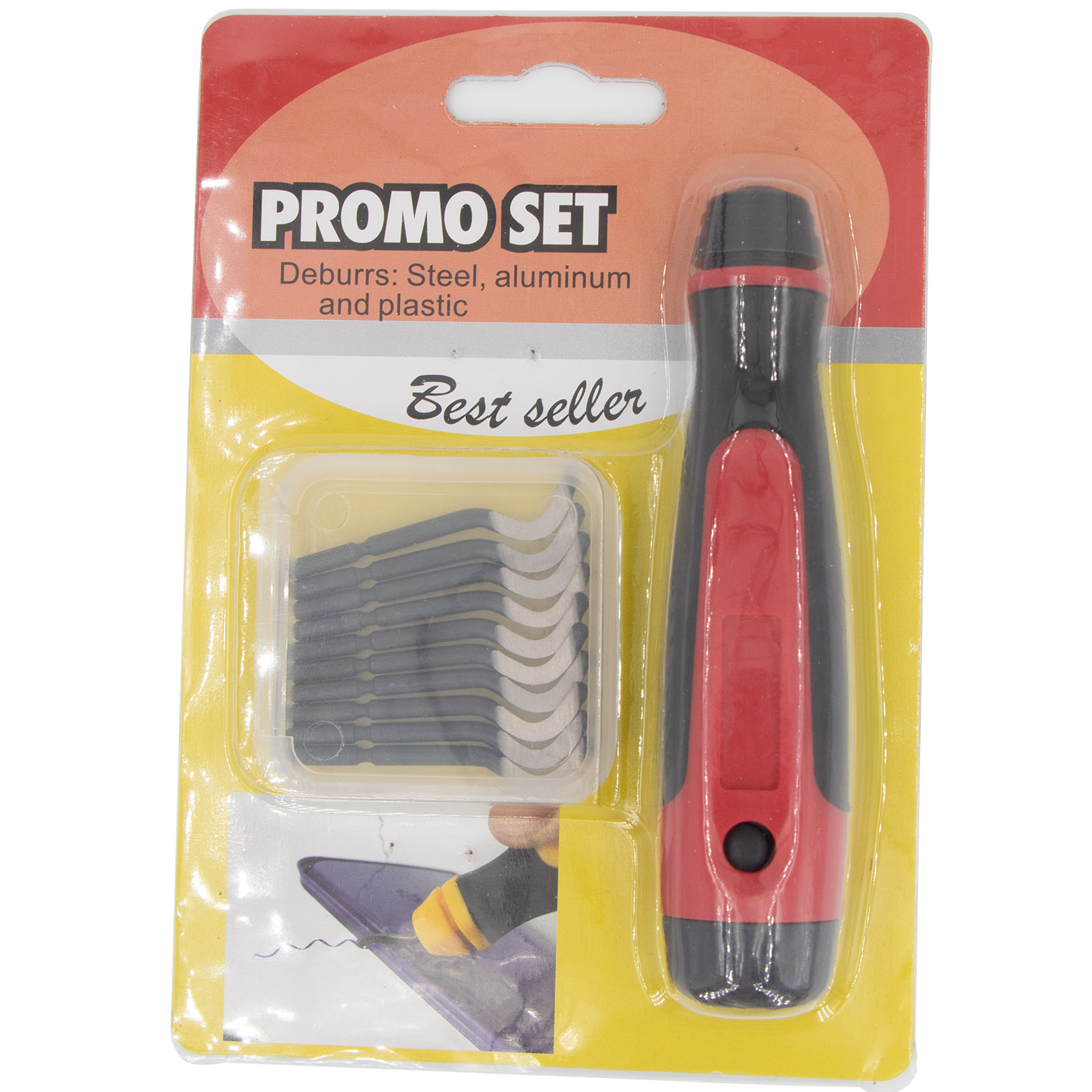 Type E Heavy Duty Deburring Tool Set With Deburring Holder And Deburring Blade
Type E Heavy Duty Deburring Tool Set With Deburring Holder And Deburring Blade -
 HSS Annular Cutters With Weldon Shank For Metal Cutting
HSS Annular Cutters With Weldon Shank For Metal Cutting -
 Precision V Block Set With High Quality Type
Precision V Block Set With High Quality Type -
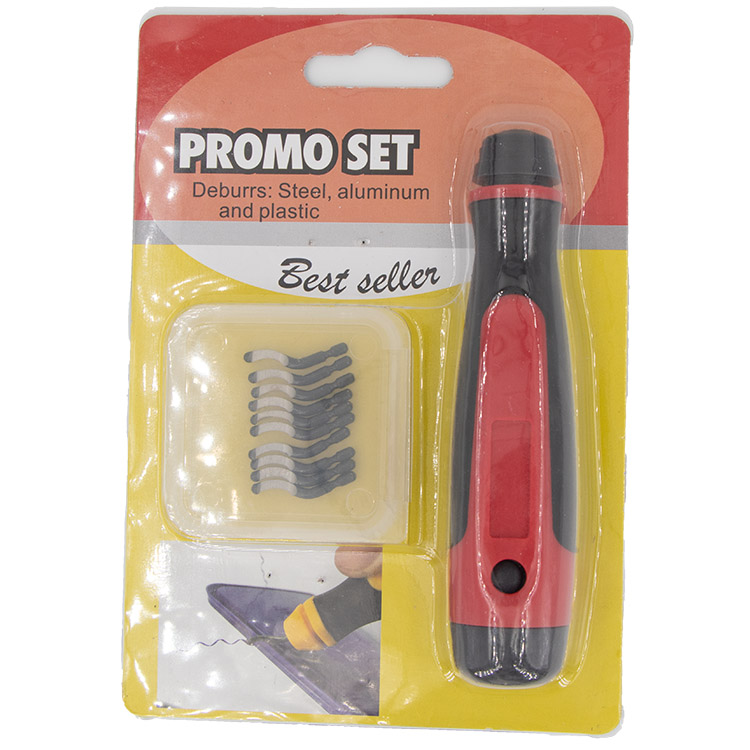 Type B Light Duty Deburring Tool Set With Deburring Holder And Deburring Blade
Type B Light Duty Deburring Tool Set With Deburring Holder And Deburring Blade -
 Deburring Tool Holder For The Deburring Tool Blades
Deburring Tool Holder For The Deburring Tool Blades -
 Precision Dial Test Indicator Holder For Industrial
Precision Dial Test Indicator Holder For Industrial -
 Stub Milling Machine Arbor With NT, R8 and MT Shank
Stub Milling Machine Arbor With NT, R8 and MT Shank -
 HSS Inch Taper Shank Twit Drills For Metal Cutting Of High Precision
HSS Inch Taper Shank Twit Drills For Metal Cutting Of High Precision
Related search
Related search- Wholesale MVHN turning tool holder
- Wholesale Tap Wrench
- Drill chuck Suppliers
- blade micrometer Manufacturer
- car reamer set Supplier
- High-Quality Taper Shank Twist Drills
- SCFC turning tool holder Manufacturer
- MWLN turning tool holder Manufacturers
- combination face mill adapter Factories
- thread cutting tool Factories


